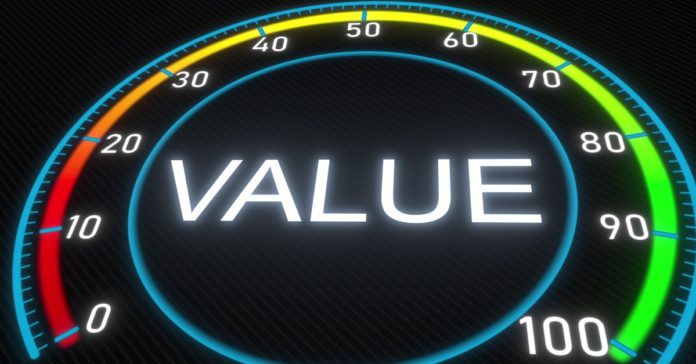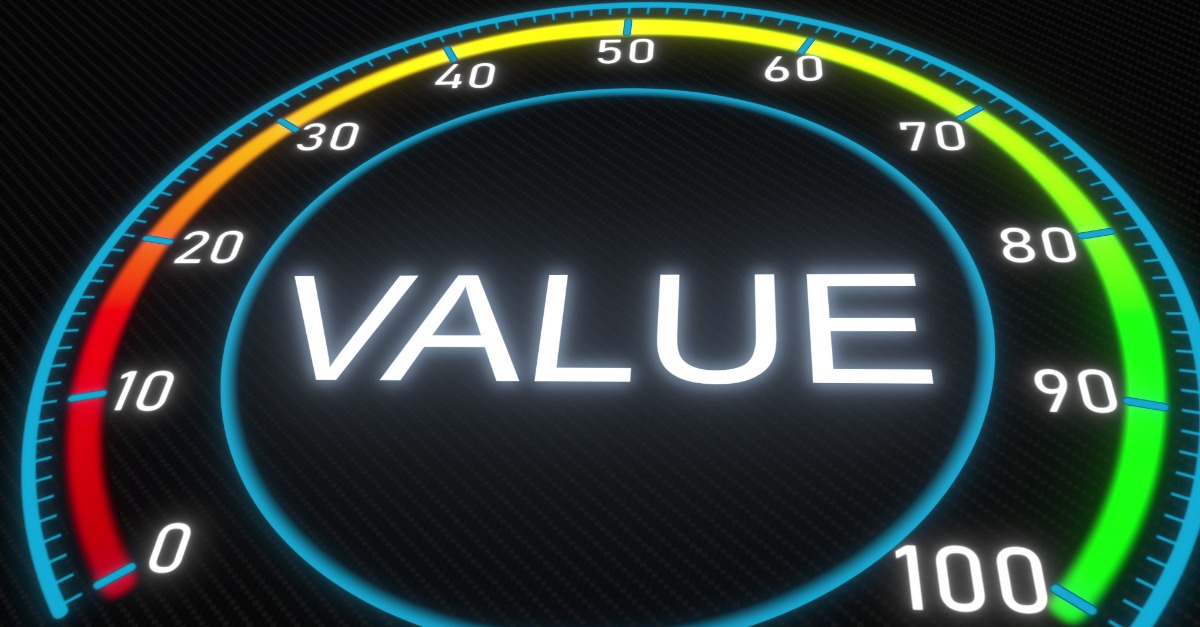
The rapid growth of cryptocurrencies has made it attractive not only to investors, but also to scammers, who every so often devise a new method to fraudulently obtain funds. One of the latter has been detected in various networks, such as Ethereum, and has been dubbed the zero value transaction scam.
This is how the experts at Elliptic Connect define it, a platform specialized in analysis related to the cryptoactive and blockchain sector. “The fraud attempts to trick stablecoin users into inadvertently sending them to the scammer’s address,” the platform’s report explains.
The scam, or its failed attempts in many cases, has been detected in the BSC, Tron and Ethereum networks after leaving a mark on the most widely used block explorers, after which Etherscan, the best-known tool for navigating to through the Ethereum network, as well as others like it, have tried to highlight these fraudulent transactions on the user’s screen to prevent them from falling into the trap.
How the scam works
The main objective of this scam is to confuse the user so that they make a transfer to the scammer’s wallet thinking that they are doing it to an address that they usually use. To do this, they manage to sneak in the operations log that appears on the screen among the legitimate ones with zero value that, if you look closely, you can see that they have been sent to recipients similar to those of the legitimate transactions with stablecoins , with addresses that share the first few characters.
“What they do is create wallets with similar names , because normally people don’t remember the wallet ID number” and copy and paste directly, Marc Rivero, a cybersecurity analyst at Kaspersky, explains to THE OBJECTIVE
As the Elliptic Connect report details, these zero-value transactions are initiated in batches of hundreds at a time , by a single perpetrator and malicious contract mimicking legitimate addresses. To do this they use the numerous services that allow users to create vanity addresses, that is, personalized to include a personally chosen message, a common practice.
Once created, the scammer gets potential victims to see in their records transactions sent to these addresses, with which there is a possibility that they will confuse them with one of their regulars , copy and paste the combination and end up sending the cryptocurrencies to someone who does not must.
Something that has also been done for a long time with other types of methods, explains Rivero: «There is also the malicious code that looks at your clipboard and changes the value and when you paste it, the value is another, not the one you copied, That is also common.” In the end, he points out, “they all drink more or less of the same, and it is that they are counting on the fact that the user is not going to remember a 16-character address .”
Lots of “noise” but only 150 scammers
So far, the zero-value transaction scam has not spread much, Elliptic Connect analysts explain, although it has already managed to collect a considerable number of scammers.
Specifically, the fraudster wallets that have been detected have an income of more than a million and a half dollars , according to the calculations of Elliptic Connect, which indicates that although they could come from elsewhere, “it is unlikely that these wallets are being used for something other than the scam ».
In total, since the end of November 2022, 176,000 zero-value transactions have been initiated by about 150 scammers on Ethereum and BSC.
Of the total collected, analysts point out that the benefit is reduced to about $800,000, an average of $5,500 per fraudster , due to the high expense involved in generating these transactions with zero value, which would amount to about $710,000 in gas fees.
The Elliptic Connect report focuses on this single method, but Rivero affirms that scams with this objective, to confuse the user into making a transfer to a wallet that is not the one he wants, “are typical in the crypto world. »
How to protect ourselves from these types of scams
To avoid falling into this fraud, the ideal is the most obvious, which is to avoid copying and pasting the address of the wallet to which we want to make the transaction and writing it manually.
« Concentration, review , and it doesn’t cost anything, I don’t know why we don’t do it, talk to the service to which we want to transfer the money and ask if there has been a change of wallet», adds Rivero.
You are risking all your assets, the specialist points out, and that is why attention to detail is important, since what is lost in a scam of this type is really difficult to recover.
Factors such as the anonymity when creating a wallet , which can even be offline , and the possibility of creating it based in another country make the work of the police in charge of these crimes difficult, explains Rivero. « It can be pursued, yes, but obviously it becomes complex many times ».
Image: Copyright: moovstock

TheBitcoinNews.com – Bitcoin News source since June 2011 –
Virtual currency is not legal tender, is not backed by the government, and accounts and value balances are not subject to consumer protections. TheBitcoinNews.com holds several Cryptocurrencies, and this information does NOT constitute investment advice or an offer to invest.
Everything on this website can be seen as Advertisment and most comes from Press Releases, TheBitcoinNews.com is is not responsible for any of the content of or from external sites and feeds. Sponsored posts are always flagged as this, guest posts, guest articles and PRs are most time but NOT always flagged as this. Expert opinions and Price predictions are not supported by us and comes up from 3th part websites.
Advertise with us : Advertise
Read More: thebitcoinnews.com










 Bitcoin
Bitcoin  Ethereum
Ethereum  Tether
Tether  XRP
XRP  Solana
Solana  USDC
USDC  Dogecoin
Dogecoin  Cardano
Cardano  TRON
TRON  Lido Staked Ether
Lido Staked Ether  Wrapped Bitcoin
Wrapped Bitcoin  Sui
Sui  Wrapped stETH
Wrapped stETH  Chainlink
Chainlink  Avalanche
Avalanche  Hyperliquid
Hyperliquid  Stellar
Stellar  Shiba Inu
Shiba Inu  Hedera
Hedera  Bitcoin Cash
Bitcoin Cash  LEO Token
LEO Token  Toncoin
Toncoin  Litecoin
Litecoin  Polkadot
Polkadot  USDS
USDS  WETH
WETH  Monero
Monero  Wrapped eETH
Wrapped eETH  Bitget Token
Bitget Token  Pepe
Pepe  Binance Bridged USDT (BNB Smart Chain)
Binance Bridged USDT (BNB Smart Chain)  Pi Network
Pi Network  Ethena USDe
Ethena USDe  Coinbase Wrapped BTC
Coinbase Wrapped BTC  WhiteBIT Coin
WhiteBIT Coin  Bittensor
Bittensor  Aave
Aave  Uniswap
Uniswap  Dai
Dai  NEAR Protocol
NEAR Protocol  Aptos
Aptos  OKB
OKB  Ondo
Ondo  Jito Staked SOL
Jito Staked SOL  Official Trump
Official Trump  Cronos
Cronos  Ethereum Classic
Ethereum Classic  BlackRock USD Institutional Digital Liquidity Fund
BlackRock USD Institutional Digital Liquidity Fund